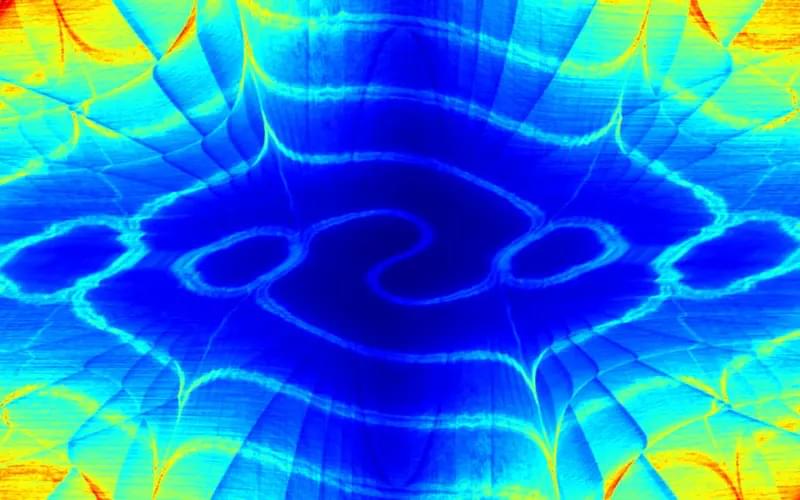Although chaos theory can solve nearly anything that is unknown I basically think that in an infinite universe as made real from the infinite microchip that uses superfluid processing power is the real answer and we are off by factor of infinite parameters still.
When we look at scientific progress, especially in physics, it can seem like all the great discoveries lie behind us. Since the revolutions of Einstein’s theory of relativity and quantum mechanics, physicists have been struggling to find a way to make them fit together with little to no success. Tim Palmer argues that the answer to this stalemate lies in chaos theory.
Revisiting a book by John Horgan, science communicator and theoretical physicist Sabine Hossenfelder recently asked on her YouTube channel whether we are facing the end of science. It might seem like a rhetorical question — it’s not possible for science to really end — but she concludes that we are in dire need of some new paradigms in physics, and seemingly unable to arrive at them. We are yet to solve the deep ongoing mysteries of the dark universe and still haven’t convincingly synthesised quantum and gravitational physics. She suggests that ideas from chaos theory might hold some of the answers, and therefore the ability to rejuvenate science. I think she’s right.
Many physicists – perhaps most — might think this is surely a silly idea. After all, chaotic systems are describable by elementary classical Newtonian dynamics. The phenomenon of chaos can be illustrated by taking the simplest of dynamical systems, the pendulum, and simply adding a second pivot into its swinging arm. The motion of the tip of the pendulum arm is hard to predict, being sensitive to its exact starting conditions – the hallmark of chaos. Fascinating yes, but surely, if we have learned anything over the last 100 years it is this: we are not going to make progress in fundamental physics by going back to elementary classical dynamics.










Comments are closed.